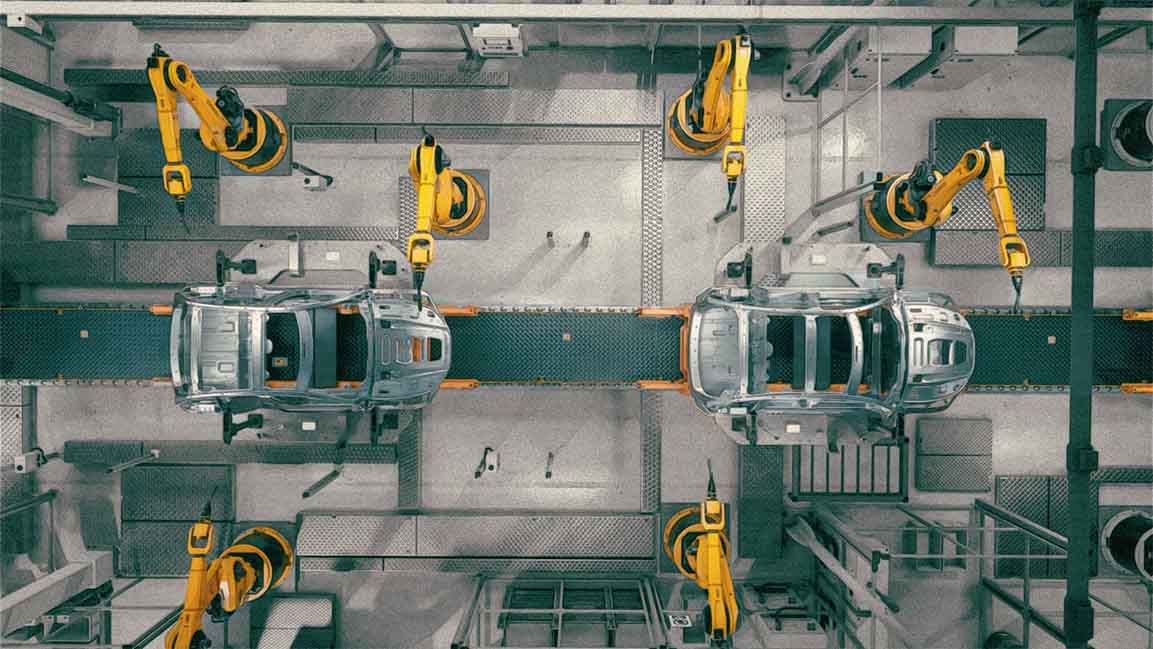- | 11:00 am
UAE’s new autonomous transport zone attracts global companies
The project is expected to boost the country's economy by $32.67 billion.

To accelerate the adoption of green mobility and advancing sustainable transportation worldwide, Abu Dhabi launched a dedicated zone last week in Masdar City for smart and autonomous vehicles, attracting companies worldwide.
The Smart & Autonomous Vehicle Industries (SAVI) cluster will develop driverless air, land, and sea vehicles, focusing on strengthening the emirate’s aviation and aerospace infrastructures.
The SAVI project has attracted three global and local companies to join the newly established cluster: California-based electric aircraft maker Joby Aviation, Chinese autonomous vehicle startup WeRide, and UAE’s autonomous maritime systems company Marakeb Technologies.
“The next phase of Abu Dhabi’s industrial development has arrived. The Emirate’s Savi cluster launches with immediate scale and will bring about a new wave of solutions in the field of autonomy across air, land, and sea,” Badr Al-Olama, acting director general of Abu Dhabi Investment Office (ADIO).
The zone will be home to manufacturing facilities, hangars, test zones, research and development (R&D) labs, testing and certification facilities, and large-scale workshops.
The SAVI project is expected to create up to 50,000 new jobs and contribute up to $32.67 billion to the country’s economy.
Meanwhile, Marakeb Technologies will become the first anchor company to develop maritime applications at SAVI, where it will trial new technology at the cluster’s sea testing zone in Mussafah Port.
Adio is also collaborating with China’s WeRide, which received the UAE’s first preliminary license to operate self-driving cars, allowing it to trial all its vehicles – including robo taxis, robo buses, robo vans, and robo sweepers – in the cluster.
US-based Joby Aviation, developing electric vertical take-off and landing (eVTOL) aircraft for commercial passenger service, will also open regional operations in Savi.
The company, which plans to launch commercial passenger services using its piloted five-seat aircraft in 2025, expects to establish a presence in the cluster to develop the technology that will enable it to fly its aircraft autonomously.































